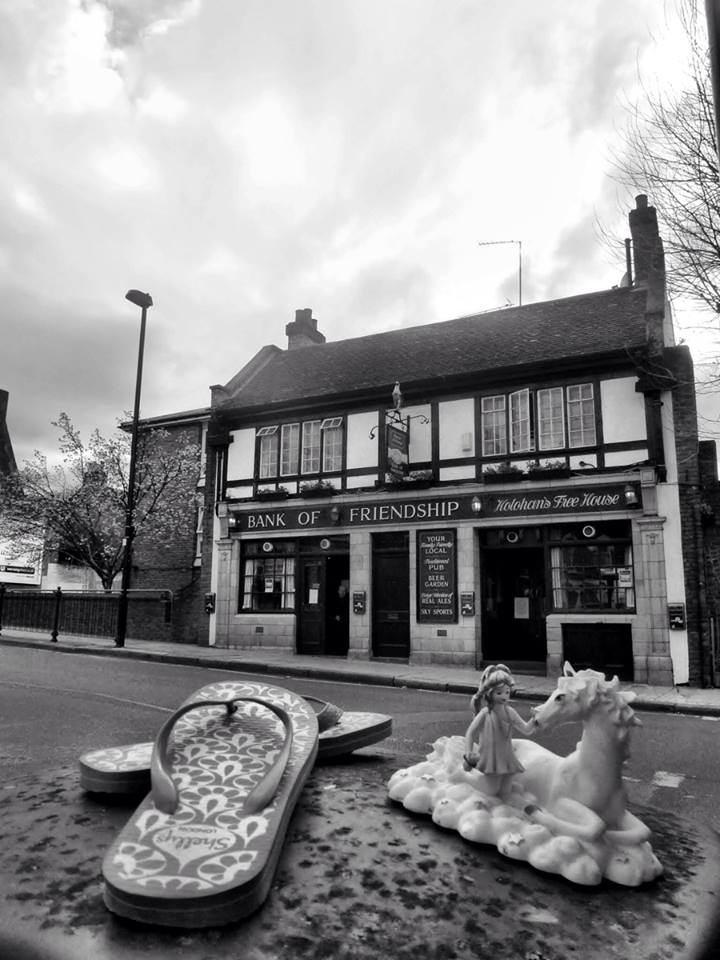
This was originally going to be a long, considered piece about the meaning of ‘post-modern’ comedy in an age in which, perhaps more than ever, we need creative people of all kinds to reclaim art’s radical roots, to fight with us against the politicians and bankers and ideologues who are set on bringing our health service, our welfare system, our educational provision to their knees . . . but fuck that, if Frankie can’t be fucking bothered with all that fucking shite, the cunt, then nor can I . . .
There’s a trap laid by so many contemporary comedians, a carefully-constructed vicious circle that renders them immune to criticism: you can’t object to my racism or sexism or homophobia or my jokes about paedophilia or the McCanns or learning disability or Kerry Katona’s mental health or Susan Boyle’s appearance or rape or cancer because if you do, you reveal yourself as some uptight, anachronistic, puritanical, repressed Guardian reader with no sense of humour. I saw Ricky Gervais- one of the finest comic actors and writers of our generation- at the Apollo a couple of years ago and he played precisely this game. A lot of his material was, in essence, dodgy old ’70’s stuff given a knowing twist and pushed back out, covered in irony. Still racist, still sexist, but smart, now, and oh so knowing: the white, straight, affluent audience seemed to love it. It wasn’t particularly funny, but who cares, we could feel part of a naughty conspiracy in which Ricky got away with it . . .
Which brings us back to Frankie. I loved him on Mock the Week, I’ll admit it. He undermined the smug, laddy, lazy ambience of the show, that indolent, formulaic ‘isn’t George Bush stupid?’ stuff that passed as ‘political’ (and so beautifully satirised by Stewart Lee). And Boyle was- consistently- The Funny One, his breaching of barriers stayed fresh and he remained, somehow, both empathic and collaborative- getting alongside us and saying ‘bad’ things so we didn’t have to.
Yet there’s something sharply different about this relentless, hammering, dispiriting show. That disempowered, raging, transient misanthropy we all feel in our lives has been gathered up by Boyle and re-packaged as stuttering, marshmallow-hard barbs that are fired back at us with a coldness (and a self-consciousness) that quickly becomes tedious. Some of it’s beautifully written, some of it wryly amusing, but the whole is never outright funny and never- actually- remotely outrageous. Trying to walk a line between ‘please like me’ and ‘please don’t like me’, Boyle ends up barely keeping his balance and emerges having created a persona full of impotent, sweary bile interspersed with giggles, his targets chosen, seemingly, in order to offend rather than because they’re ripe comic material. He may be mocking comedy itself, of course, and he’s certainly mocking prissy modern-day liberalism, the lily-livered avoidance of the real and the complex and the dark.
And that’s a good thing: not all comedy needs to be directly or indirectly political and taboos are there to be broken. But Frankie Boyle does so by breaking, simultaneously, two pretty decent comedic principles: attack up, don’t attack down, ie mock the strong, don’t mock the weak (!), and, above all, be funny. Ultimately with this show, we’re left searching for the point of what has been a scattergun, unfocused, charmless offensive. And then we get the fucking train home.

